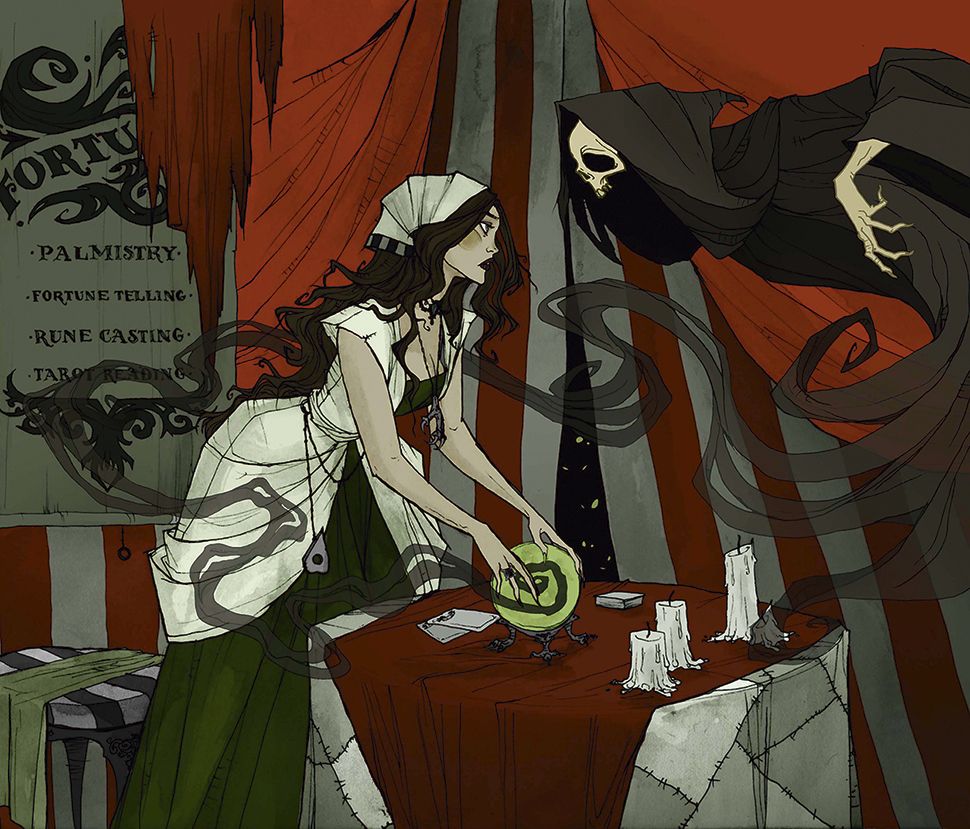Discovering the Roma
The historical record does not feature testimony from the Roma themselves. In the centuries following their departure from the Indian subcontinent, they maintained an oral tradition through their long diaspora. Remember that universal literacy was not seen until the industrial era, and this story takes place at the beginning of the Renaissance. Primary sources have occasional statements made by outsiders. The late Renaissance / Enlightenment sees some Europeans taking an interest in Roma culture, but anthropology at that time differs from what is expected today - these sources are riddled with bias, to the extent of flagrant cultural superiority and barely veiled propaganda.
A Sinti Roma (an offshoot that represents a later wave of migration from India) relatively near me laughed incredulously when it was discovered that I had not read some 20th-21st century novels by Romani authors. I had been focusing on period sources. What I learned was that most traditions and values have remained admirably intact over the centuries, and that what I could pick up in these books would still be applicable. So I read about Roma being rounded up into camps in WWII, and another book about Roma families with roots going back to medieval Germany. I am glad I was introduced to these works, and they did help me understand the culture better.
However, I was also warned against writing a main character from a "closed culture". I don't believe you have to be part of some minority group to write one convincingly. This may shock some people, but J.R.R. Tolkien was not, in fact, an elf. A maiar, perhaps. The point of art is to express something, and at times that requires imagination and learning. In this context, I don't mean imagining my own version of the culture. I mean imagining I am the character I am writing, getting into their head and their heart, and trying to communicate that experience to a reader. Empathy. That's the thing. That's what a writer needs to have, the thing that allows them to channel a character that differs from them in some way. I think it is absurd to say that I should only be permitted to write a main character who is a clone of myself. Better to say that it won't be easy to pull off convincingly.
The long struggle with prejudice certainly demands inclusion.
Marime, the collection of rules about impurity, must also be studied. Impurity was as much spiritual as physical...symbolic impurity...and women had extra layers of complexity to deal with in this regard. So, a young woman who converses with spirits is always aware of it.
Until the 19th century, it was not clear where the Roma came from - even to them. Linguistic studies suggested it first, then once technology advanced to a point in the 20th century, DNA tests confirmed it. The Roma, specifically of the time and place I am writing about, came from northwest India. Rajasthan and Punjab are the areas that match most closely. Reasons are still up for debate, but at least there is a time frame and an origin.
This means that Taliba and her caravan would not know where they came from. Not for sure. And everyone around them would speculate. The origin of the word Gypsy (considered a slur) is a corruption of "Egyptian". They were a mystical brownish colored people, so the natural conclusion was Egyptian. Think of that...in an age where we can almost all read, where every library has a genealogy section, where DNA testing is available, ancestry.com and others are out there, anyone who wants to know their roots can discover them. But Taliba would not know that, and might she wonder? I liked the idea of a character who is in a position to say so much about the future of a stranger, but does not know her own roots.
As I read news stories about politics in Europe shifting to anti-immigrant policies, a fear of being overrun by alien cultures, I get the impression not much has changed in 500 years. Consider being the first darker-skinned people some village in the middle of Europe has seen. Your language is odd to them. Your beliefs and rituals set you apart, even if you pay service to local customs. Your music is even different. People have a reaction to outsiders, strangers. Wandering a continent, staying ahead of suspicion and persecution. Your people practice trades they can keep up on the road, that villages would have a need for. How does it feel?
The particular circumstances of being an outsider vary. And these can be learned. Using these circumstances to tap in to the common human experience of being misunderstood...now there is where it gets interesting, and it's what I have tried to do in my work. Taliba wants to understand the world and her place in it, even as she struggles against being misunderstood herself. Being Roma is an extreme case of this, but the foundation of it is relatable to anyone if shown in the right light. And once you can identify with aspects of her situation, she is no longer so different from you. By extension, her people are not so alien. Understanding is the antidote to fear. I am not Roma, and am not arrogant enough to try to speak for them. However, if a side effect of my work of fiction is that even one reader sees this insular group as interesting rather than threatening, I would be happy.


